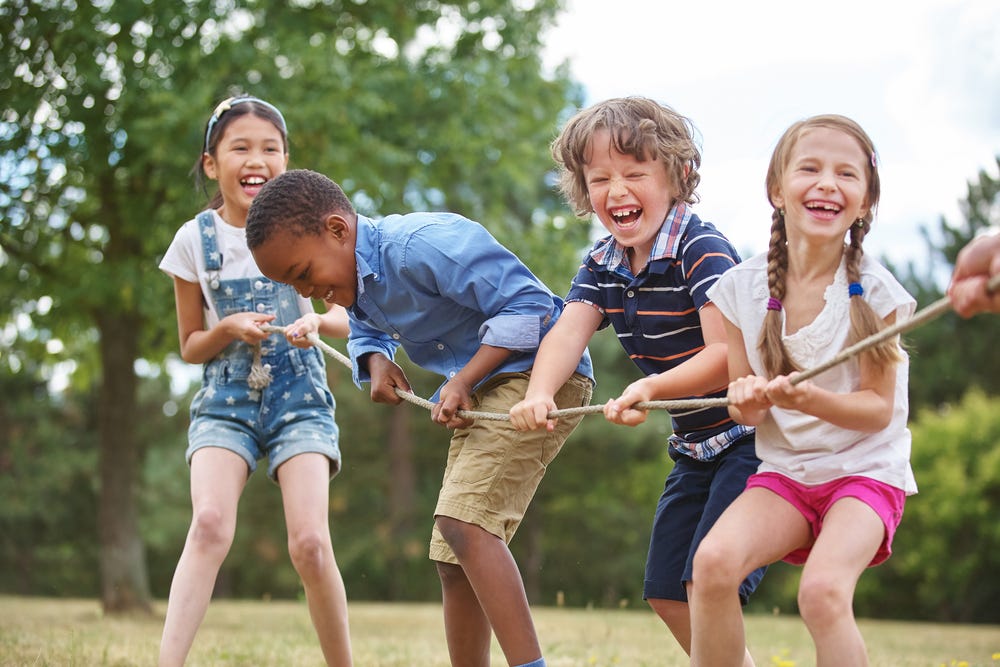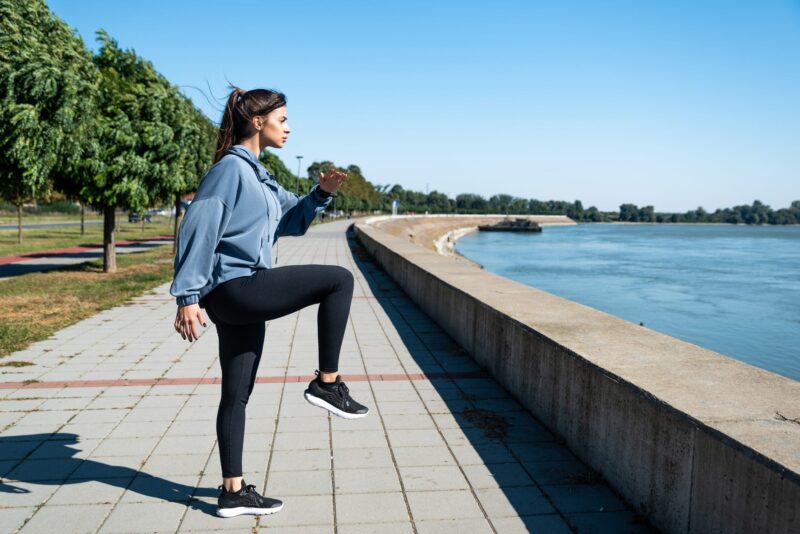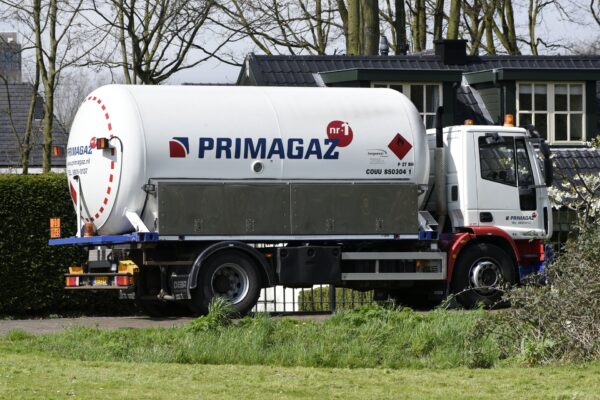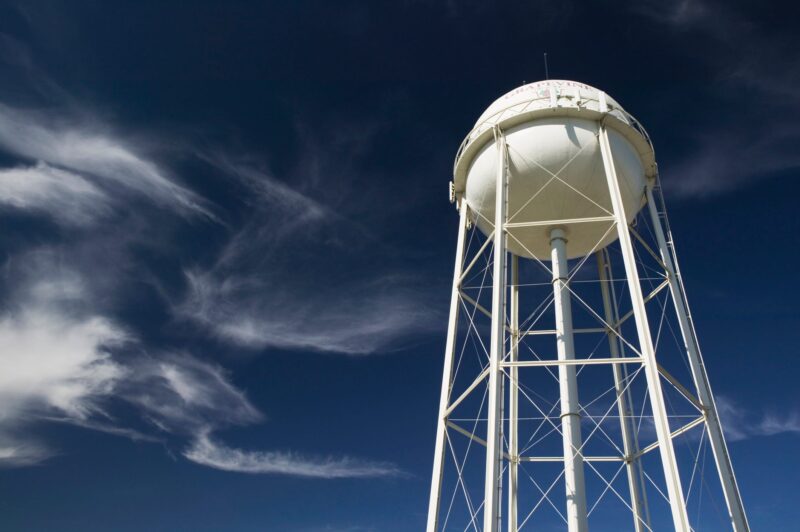- Almost half of attendees of a Georgia summer camp came down with the coronavirus after a single staffer tested positive and the camp shut down.
- People of all ages were affected, with 1- to 10-year-olds having an even higher “attack rate” than the older kids and staffers.
- The camp adhered to many recommendations, but didn’t require campers to wear masks and didn’t keep doors and windows open for ventilation.
- The findings show underscore that kids can indeed get, and spread, the coronavirus.
- Visit Business Insider’s homepage for more stories.
At least 260 campers and staffers at an overnight summer camp in Georgia got the coronavirus after a single counselor came down with the chills and left camp the next day, according to a Friday report out of the Centers for Disease Control and Prevention.
The camp, which began on June 21, hosted nearly 600 staffers and campers, and established most recommended protocols including requiring attendees to provide a negative COVID-19 test result before arriving and enhancing cleaning and disinfecting routines.
But only counselors were required to wear masks, and the facilities didn’t keep windows and doors open for increased ventilation. Activities like singing, cheering, and sleeping in cabins with an average of 15 people probably didn’t help either.
In all, almost half of the people who attended (at least 44%) were later diagnosed with COVID-19.
"These findings demonstrate that SARS-CoV-2 spreads efficiently in a youth-centric overnight setting, resulting in high attack rates among persons in all age groups, despite efforts by camp officials to implement most recommended strategies to prevent transmission," the authors write.
The counselor began feeling ill the second night
On the second night of camp, a staffer came down with the chills and left the next day. The day after that the teen tested positive for COVID-19, and the camp began sending campers homes. It completely closed June 27.
The Georgia Department of Public Health recommended all campers and counselors get tested and isolate if they test positive.
Officials used the state surveillance system to trace cases back to the original outbreak, and found that the "attack rate" - or the number of positive cases among Georgia-based camp attendees divided by the total number of Georgia-based attendees - was 44%.
All ages were affected: The attack rate of 51% among 1- to 10-year-olds, 44% among 11- to 17-year-olds, and 33% among 18- to 21-year-olds.
Some of the transmission was likely asymptomatic, with 26% of attendees for whom symptom data was available reporting none. Those who did experience symptoms most commonly had a fever, followed by a headache and a sore throat.
The paper authors say the calculated attack rates are likely an underestimate since some positive cases may not have been tested or reported.
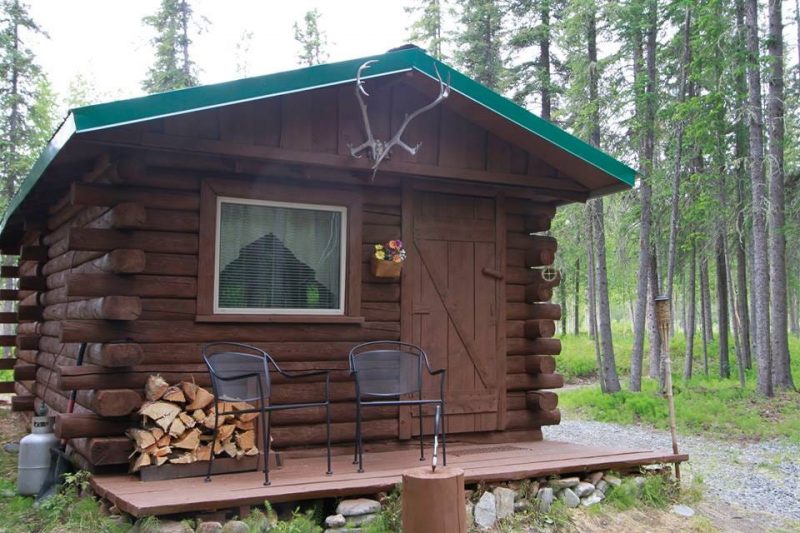
While the results are imperfect - for instance, it's possible some of the cases traced the camp were actually due to transmission in the day before after attendance - they're startling in light of the national debate about school reopenings.
"This investigation adds to the body of evidence demonstrating that children of all ages are susceptible to SARS-CoV-2 infection and," the authors write, "contrary to early reports, might play an important role in transmission."
The findings also underscore the importance of mitigation measures if and when schools reopen.
"Correct and consistent use of cloth masks, rigorous cleaning and sanitizing, social distancing, and frequent hand washing strategies ... are critical to prevent transmission of the virus in settings involving children and are our greatest tools to prevent COVID-19," a press release from the CDC says.
- Read more:
- Your kids could get the coronavirus when they go back to school. These are the risks and benefits to weigh before sending them.
- Despite physically distancing and wearing masks, 3 Arizona teachers who shared a classroom to online teach caught the coronavirus and one died
- The YMCA provided childcare to 40,000 kids during lockdown and said it didn't see any coronavirus outbreaks. Here are 11 precautions it took that worked.
